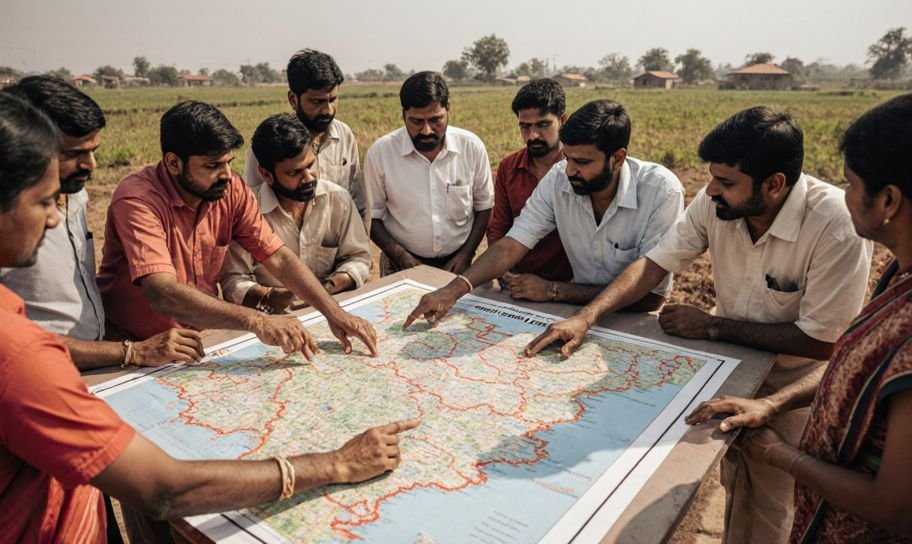
Quick Summary: The Bombay High Court rejected several complaints about how voting areas were set up for local elections in Maharashtra. The court stressed that it can't easily change election-related decisions, as it must follow the rules set by the Constitution and past instructions from the Supreme Court.
People filed complaints against the final announcement of how voting areas were set up in different parts of Maharashtra. The main issue was how the boundaries for voting areas were decided for the upcoming local elections. Santosh Shankarapa Matwale, who filed the complaint, said the process was unfair and helped certain political parties.
The judges, Manish Pitale and Y.G. Khobragade, pointed out that their power is limited by Article 226 of the Indian Constitution. They explained that courts should not get involved in election matters unless there's a clear violation of the Constitution.
"It is not for the court to dictate the manner in which the same would be done," the judgment quoted from a previous Supreme Court case, emphasizing the independence of election processes.
The court mentioned a Supreme Court order that required local elections in Maharashtra to be announced within four weeks and finished within four months. This urgency was a key reason the court dismissed the complaints, as any delay could mess up the election schedule.
The court found that the complaints were looked into properly, and fair hearings were held. The changes were needed to balance the number of people and keep areas connected.
Claims of Political Favoritism:
The court rejected these claims, saying there was no proof of unfairness or bias.
Following the Rules:
The court decided that the complaints did not justify any changes, as the election process followed the constitutional and legal rules. By dismissing the complaints, the court ensured that the election process can continue without any more delays.
"The concern of the Hon’ble Supreme Court for expeditiously conducting the elections to the local bodies... is evident," the judgment stated, highlighting the importance of keeping the election timeline on track.
This decision highlights the court's role in respecting the independence of election processes while ensuring they follow constitutional rules.